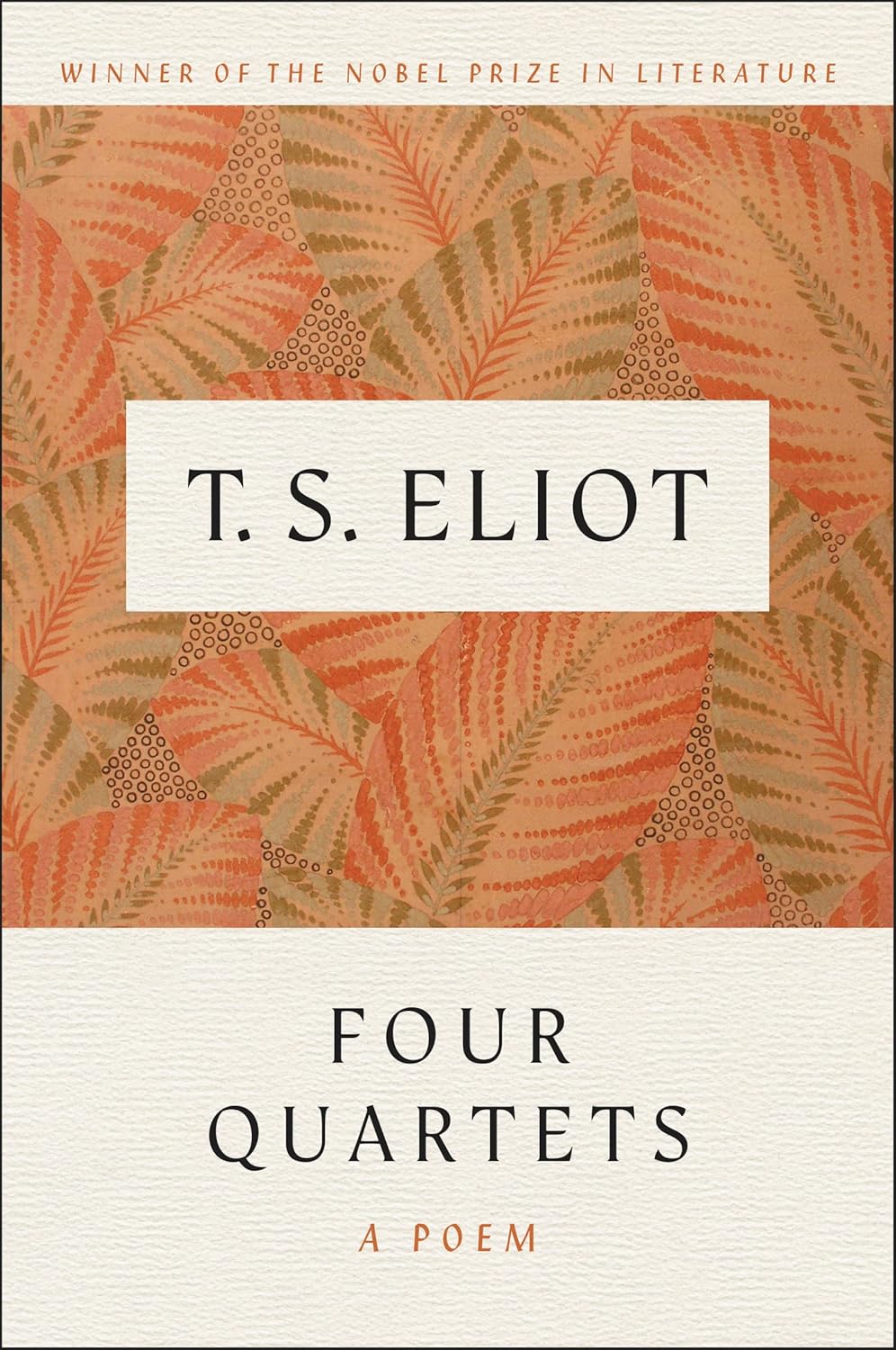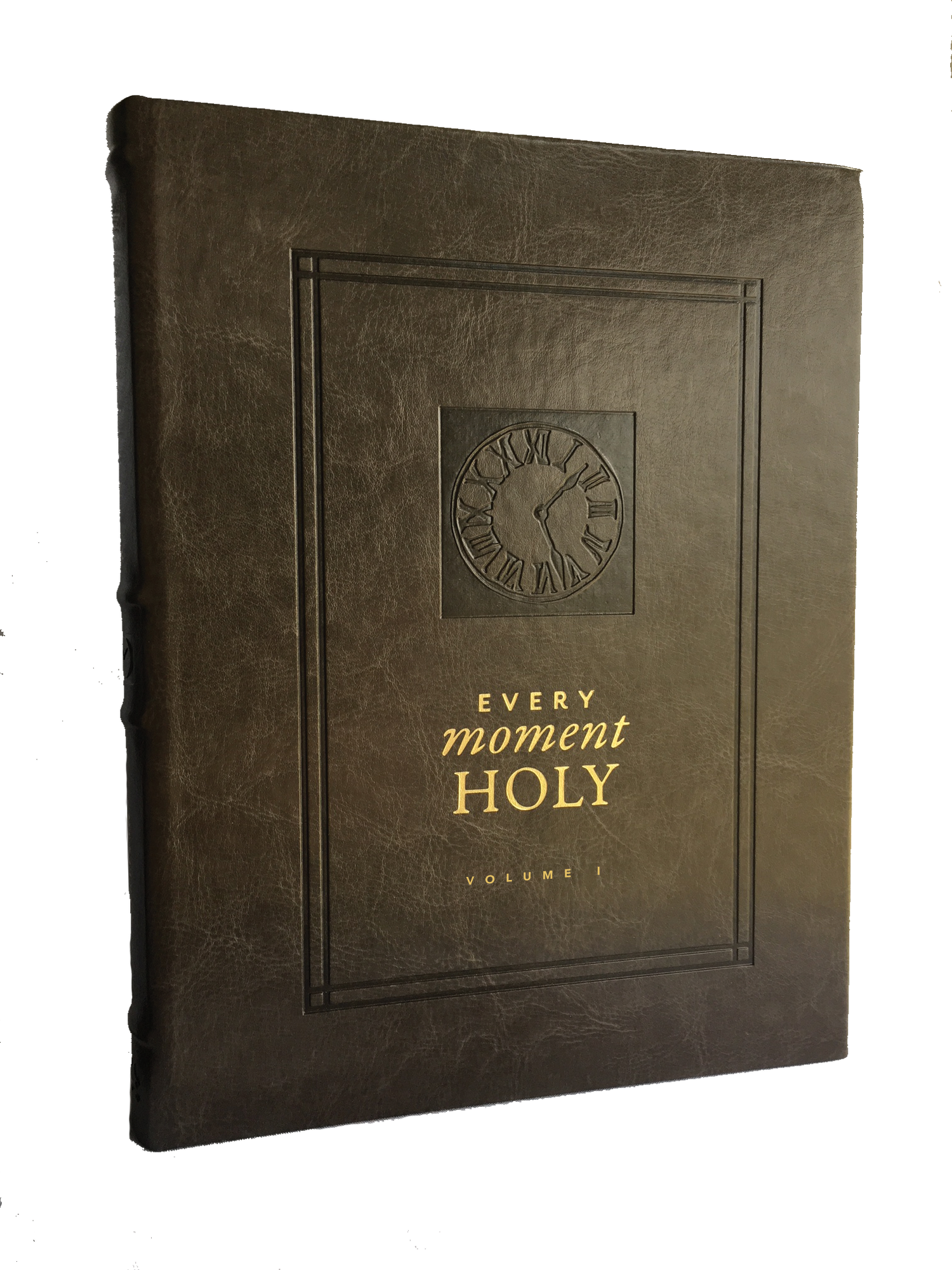Four Quartets
Four Quartets
T.S. Eliot
Regular price
$13.50
Regular price
$14.00
Sale price
$13.50
Unit price
per
Couldn't load pickup availability



